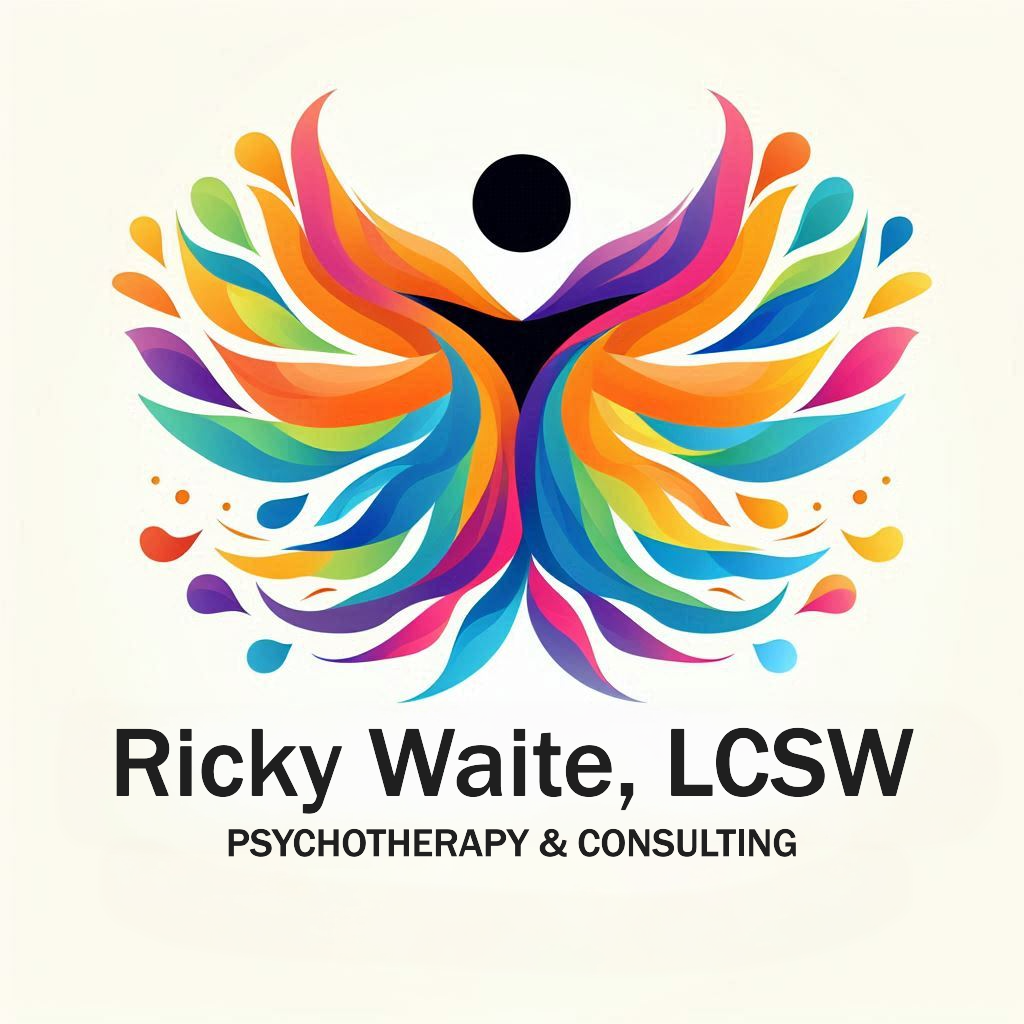Unlocking Your Potential: The Benefits of Therapy and Finding the Right Fit
- Ricky Waite, LCSW

- Oct 23, 2024
- 2 min read

Many people view therapy as a last resort, reserved for severe mental health concerns. However, therapy offers a wide range of benefits, extending far beyond treating diagnosable conditions. It can be a powerful tool for personal growth and overall well-being.
Unveiling the Advantages of Therapy
Engaging in therapy can lead to a multitude of positive changes. Here are some key advantages:
Enhanced Self-Understanding: Therapy provides a safe space for self-exploration. Through guided reflection and discussion, you can gain a deeper understanding of your thoughts, emotions, and behaviors. This increased self-awareness empowers you to make informed choices and navigate challenges more effectively.
Improved Coping Mechanisms: Therapists equip you with practical tools to manage stress, anxiety, depression, and other emotional struggles. Learning healthy coping strategies fosters resilience and promotes emotional well-being.
Strengthened Relationships: Therapy can enhance communication skills and conflict resolution techniques. It can also help you develop healthier boundaries and improve your interpersonal relationships with family, friends, and romantic partners.
Increased Life Satisfaction: By addressing underlying issues and promoting positive change, therapy can significantly improve your overall quality of life.
Finding Your Perfect Match: Tips for Choosing a Therapist
The success of therapy hinges on finding a therapist you feel comfortable with. Here are some tips to navigate your search:
Consider Your Needs: Reflect on your specific goals and desired areas of focus. This will help you narrow down your search to therapists specializing in your needs.
Research Credentials: Ensure your therapist is licensed and holds a relevant Master's or Doctoral degree in psychology, social work, or a related field.
Interview Potential Therapists: Schedule consultations with a few therapists to assess their approach and determine if you feel a sense of rapport.
Prepare Questions: During consultations, ask questions like: "What is your therapeutic approach?" "Do you have experience working with my specific concerns?" "What can I expect from therapy sessions?"
Remember, therapy is a collaborative process. Finding a therapist you trust and connect with is crucial for maximizing the benefits of this valuable resource - you may have to try more than one.







Comments